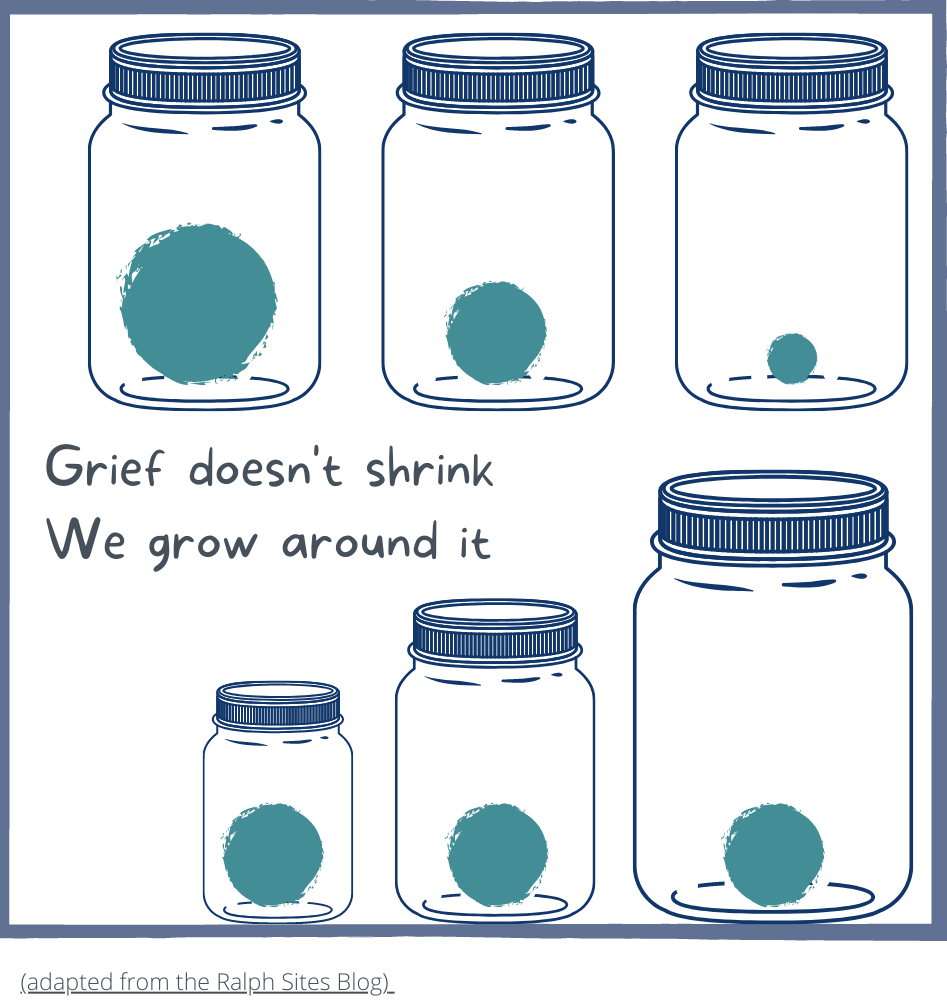Pregnancy & Infant Loss Awareness 🕯

Tomorrow, October 15th, is World Pregnancy & Infant Loss Remembrance Day. In honor of all the lives lost and families touched by pregnancy and infant loss, candles around the world will be lit at 7PM to create an International Wave of Light.
Losing a child is one of the most difficult experiences imaginable and one that often leaves lasting marks of trauma, especially in grieving parents who are not able to effectively process the experience.
Pregnancy loss, often referred to as a “disenfranchised grief,” can be especially difficult and is not always given the validation it deserves, but it no doubt leaves an impact on both the mind and body.
We know that difficult experiences are stored in the memory network in a variety of ways, including thoughts, feelings, and sensations. And I have to imagine this is especially true for pregnancy loss given the physical and emotional nature of carrying a child and preparing for a new chapter of life.
It’s so important to give yourself permission to grieve when faced with a loss, and to work toward healing on both a physical and emotional level.
Grief is not just an emotion, but also a process. And one that may look different for each individual.
The Common Stages of Grief
Below are common stages of grief (adapted from Elisabeth Kübler Ross’s model).
Note that we do not go through these stages in a neat, linear order. Rather, we skip around and cycle back and forth between various feelings over a period of minutes, hours, days, weeks, months, and sometimes years.
Allow yourself to move through each experience without judgment.
- Shock & Denial: Shock is typically the first response to facing a devastating loss. There may be a level of numbness or denial. Disbelief protects us from feeling completely overwhelmed.
- Pain & Guilt: As shock wears off, an incredible sense of pain sets in. Pain may be accompanied by nagging feelings of guilt. Guilt that you didn’t do enough. Guilt that you should have done something differently. This is often especially true for expectant moms, who question whether they did something wrong to cause the loss. “Did I exercise too hard?” “Maybe I shouldn’t have had sushi.” “Was it because I wasn’t initially happy about the pregnancy?”
- Anger & Bargaining: Anger is a common and normal part of grief. As you are trying to make sense of the loss, you may look for someone or something to blame. This can include lots of questions, and sometimes anger toward God: “Why is this happening?” “How could God let this happen to us?” Thoughts of bargaining often occur, for example, “I will do anything to bring this baby back.”
- Depression: As life goes on and the loss becomes more real, depression or a long period of incredible sadness sets in. You may feel empty or paralyzed, struggling to comprehend how you can possibly go on. This is the time where it’s especially important to get support, increase your coping strategies, and give yourself permission to experience the grief.
- Acceptance & Hope: Eventually, as time passes, most people are able to come to terms with the loss and accept the situation. Eventually, they can start moving forward and find hope for the future.
It’s often said that “time heals pain” and some people believe that grief shrinks over time. Rather, what happens is you grow around the grief.

Be patient with yourself and others during this period. There is no right or wrong way to grieve. Everyone copes in their own way, which can sometimes cause conflict in relationships. Patience, compassion, and open communication can help minimize rifts and misunderstandings.
Grieving is not easy. But you will get through this experience.
If you feel stuck in the strong emotions or feel constantly retriggered and unable to move past a loss, consider EMDR therapy, which can help you effectively process and make sense of the experience.
Click here for more information on EMDR therapy and reach out for help when you need it. ❤️

